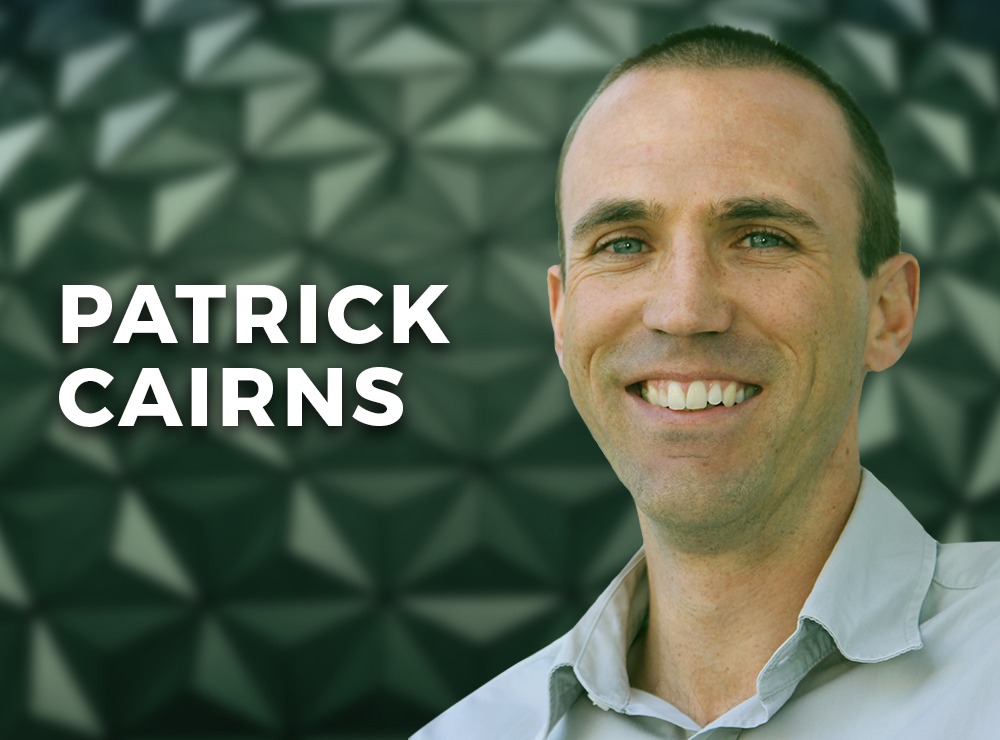
By PATRICK CAIRNS
According to the most recent Forbes 400 list which lists the richest people in America, Ray Dalio is worth $20 billion. That is the fortune that Dalio has made from starting and running the world’s largest hedge fund, Bridgewater Associates.
And he is far from the only hedge fund manager on the list. Forbes names 25 hedge fund managers in the top 400, all with a net worth of at least $2.9 billion.
This is an incredible phenomenon — that over 6% of this tiny group of the wealthiest Americans are hedge fund managers.
Consider that every one of these individuals is significantly wealthier than the person considered the world’s richest female musician – Rihanna. Her net worth, after selling her lingerie business, is estimated at $1.7bn.
Even the man considered the world’s richest lawyer, Jerry Reinsdorf, has an estimated net worth of $1.8 billion, according to Forbes. He too, is way behind these hedge fund managers.
The “boring” fund manager
How is it that investing other people’s money has become so lucrative? Does it really make sense for fund managers to have grown so enormously wealthy?
Putting it another way: should fund management really be so sexy?
A recent discussion I had with a fund manager raised exactly this point.
His investment strategy is about as far from the sexiness of a high growth hedge fund as you can imagine. By his own admission, it is “boring”: buy good companies that pay consistent dividends, and hang onto them for the long term.
This is about as “tried-and-tested” as it gets in investing. The reinvest those dividends, you will be constantly compounding your returns, which means that you are earning growth upon growth.
This compounding, as plenty of clichés remind us, is the most powerful force in investing.
Buffett’s secret
It is not, however, apparently what gets attention. Or what makes fund managers enormously wealthy.
That is reserved for things like hedge funds — the sexy, high growth strategies run by the people on the Forbes list.
But why should this be? We know that successful investing is essentially simple. Warren Buffett became the richest investor in the world by following fundamentally the same long-term strategy as the “boring” fund manager.
As financial writer Morgan Housel points out, 99% of Buffett’s wealth was accumulated after his 50th birthday. They key to his success, quite simply, has been the power of compounding.
“Buffett’s secret is that he’s been a good investor for 80 years,” Housel writes. “His secret is time. Most investing secrets are.”
The best thing for investors
Yet the narrative around the fund management industry distracts us from this simple fact. If the wealthiest fund managers are the hedge fund managers on the Forbes list, doesn’t that imply that hedge fund managers are the best investors?
And if the stars of the investment world are those active managers who are able to generate incredible outperformance, doesn’t that mean that investors should be seeking out those stars?
This, unfortunately, is the story that has developed around the fund management business, and, sadly, it reinforces poor behaviour — chasing performance, trying to pick the “next big winner”, and prioritising short-term gains over sustainable long-term growth.
It serves the industry to some extent, because if you can make yourself sexy to investors, you can attract money. The most obvious recent example of this is Ark’s Cathie Wood.
But it doesn’t really serve investors. As the “boring” fund manager said:
“If compounding is the best thing we can do, and it’s about owning things for a long period of time, and those simple things are what we need to do for investors to help them achieve financial freedom, that’s not a complicated task. It’s just something that requires a bit of discipline, patience, common sense and time. But then we wouldn’t have billionaire hedge fund managers.”
One of South Africa’s most respected financial journalists, PATRICK CAIRNS is a trusted commentator on the world of investments and the quirks of behavioural finance. Over more than a decade he has built a reputation for keeping the industry honest, and putting the interests of investors first.
Here are some more articles by Patrick Cairns:
What if you could predict the future?
Think tank calls for “financial health checks”
Mutual funds: The less you understand, the more you pay
FIND AN ADVISER
Investors are far more likely to achieve their goals if they use a financial adviser. But really good advisers with an evidence-based investment philosophy are sadly in the minority.
If you would like us to put you in touch with one in your area, just click here and send us your email address, and we’ll see if we can help.
© The Evidence-Based Investor MMXXII









